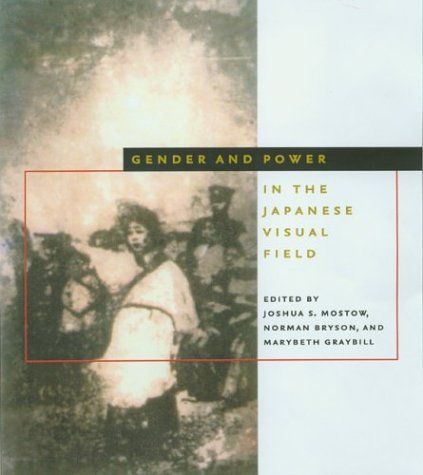
Gender and Power in the Japanese Visual Field
In this, the first collection in English of feminist-oriented research on Japanese art and visual culture, an international group of scholars examines representations of women in a wide range of visual work. The volume begins with Chino Kaori's now-classic essay "Gender in Japanese Art," which introduced feminist theory to Japanese art. This is followed by a closer look at a famous thirteenth-century battle scroll and the production of bijin (beautiful women) prints within the world of Edo-period advertising. A rare homoerotic picture-book is used to extrapolate the "grammar of desire" as represented in late seventeenth-century Edo. In the modern period, contributors consider the introduction to Meiji Japan of the Western nude and oil-painting and examine Nihonga (Japanese-style painting) and the role of one of its famous artists. The book then shifts its focus to an examination of paintings produced for the Japanese-sponsored annual salons held in colonial Korea. The postwar period comes under scrutiny in a study of the novel Woman in the Dunes and its film adaptation. The critical discourse that surrounded women artists of the late twentieth-century--the "Super Girls of Art"--is analyzed, followed by a consideration of gender ambiguity and cross-gender identification in contemporary anime and manga. Contributors: Grunhild Borggreen, Norman Bryson, Chino Kaori, Doris Croissant, Ikeda Shinobu, Kim Hye-shin, Chigusa Kimura-Steven, Joshua S. Mostow, Sharalyn Orbaugh, David Pollack.